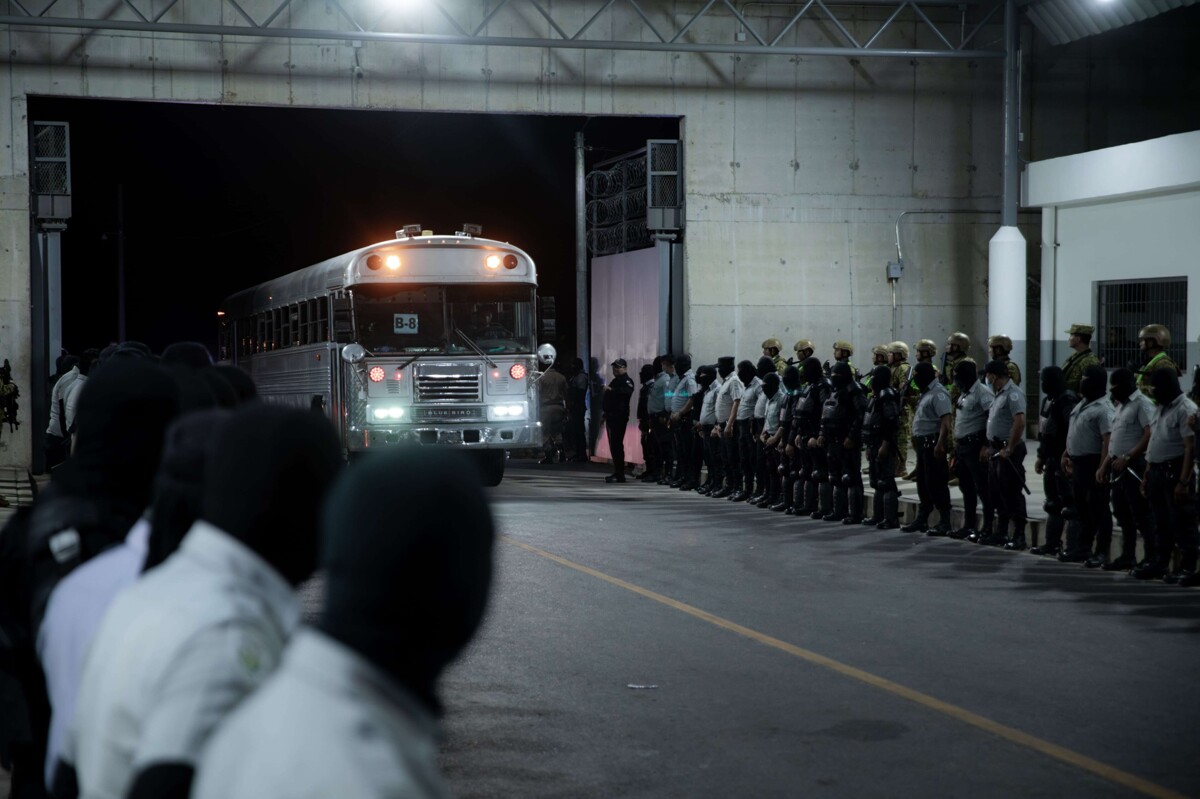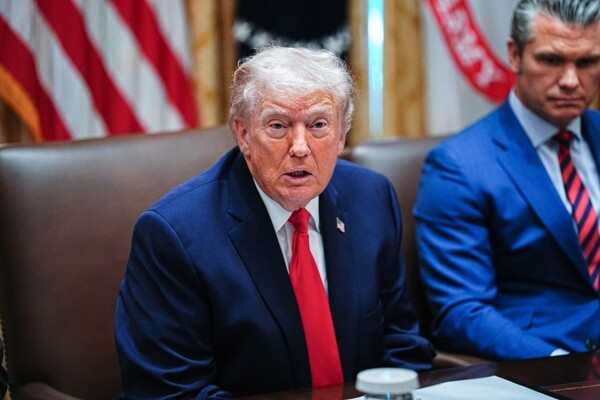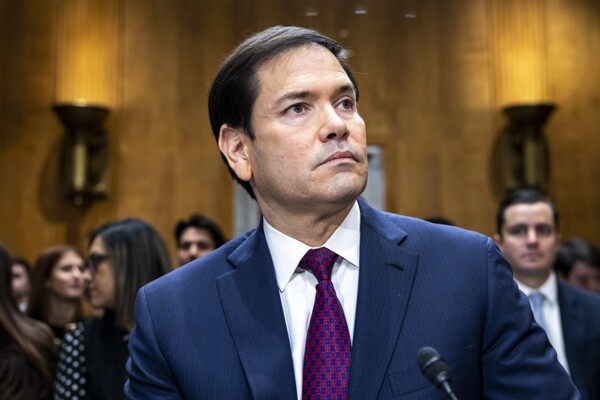
The Supreme Court of the United States, in a divided vote, issued an order that temporarily prevents President Donald Trump's administration from deporting a group of Venezuelans, granting them a reprieve to avoid their imminent sending to a mega-prison in El Salvador. The measure came after the detainees filed urgent requests in four courts to block their deportation from the Bluebonnet Detention Center in Texas.
The Supreme Court's order temporarily prohibits the government from using a wartime law to expel alleged Venezuelan gang members. The Supreme Court's intervention follows a judge's ruling that the accused from Tren de Aragua must be given a "reasonable timeframe" to contest their deportation in federal court.
The detainees' lawyers argue that many of them are not gang members and maintain that Trump cannot deport them by invoking a law that was previously only applied in wartime. The case generated intense activity in the courts, including emergency hearings and conflicting decisions among judges from different districts.
The detainees' lawyers expressed concern that, without judicial intervention, hundreds of people could be deported to El Salvador without a real possibility of contesting their deportation. They stated that the notifications provided by the government do not comply with what the Supreme Court ordered, as they do not explain how they can contest their deportation and the deadline for doing so.
In the specific case of two of the detainees, the United States charged one of them for having tattoos and associations that imply his membership in a gang, and the other for alleged gang affiliation based on his social media. The Supreme Court justices have yet to resolve whether Trump's use of this law is legal, so deliberations on the matter are expected to continue.














